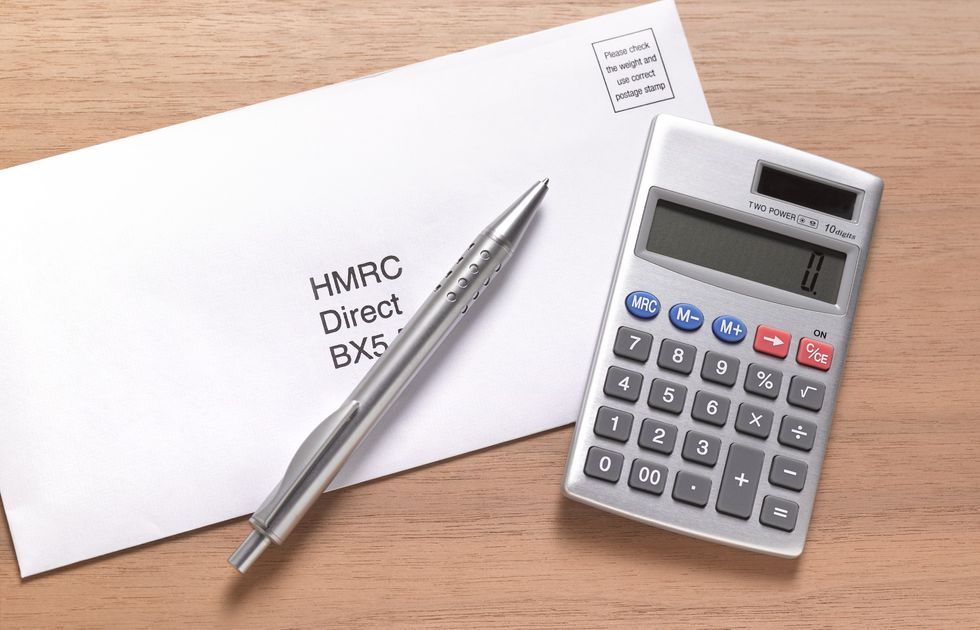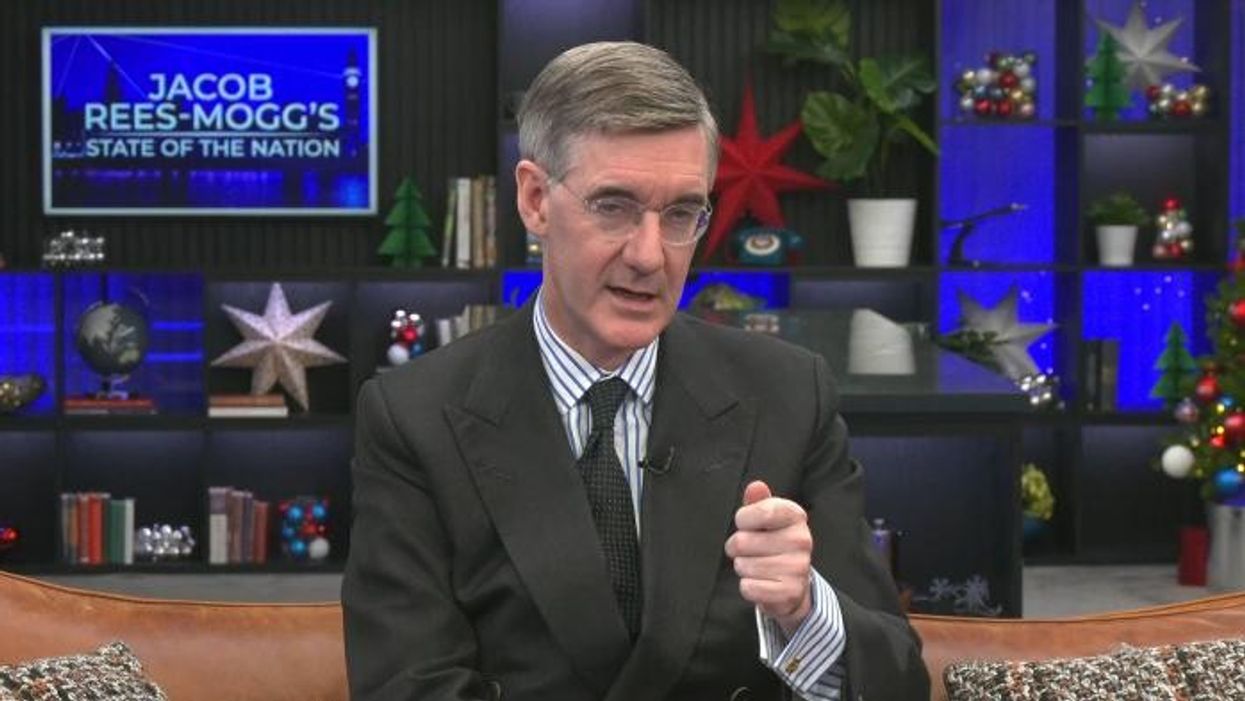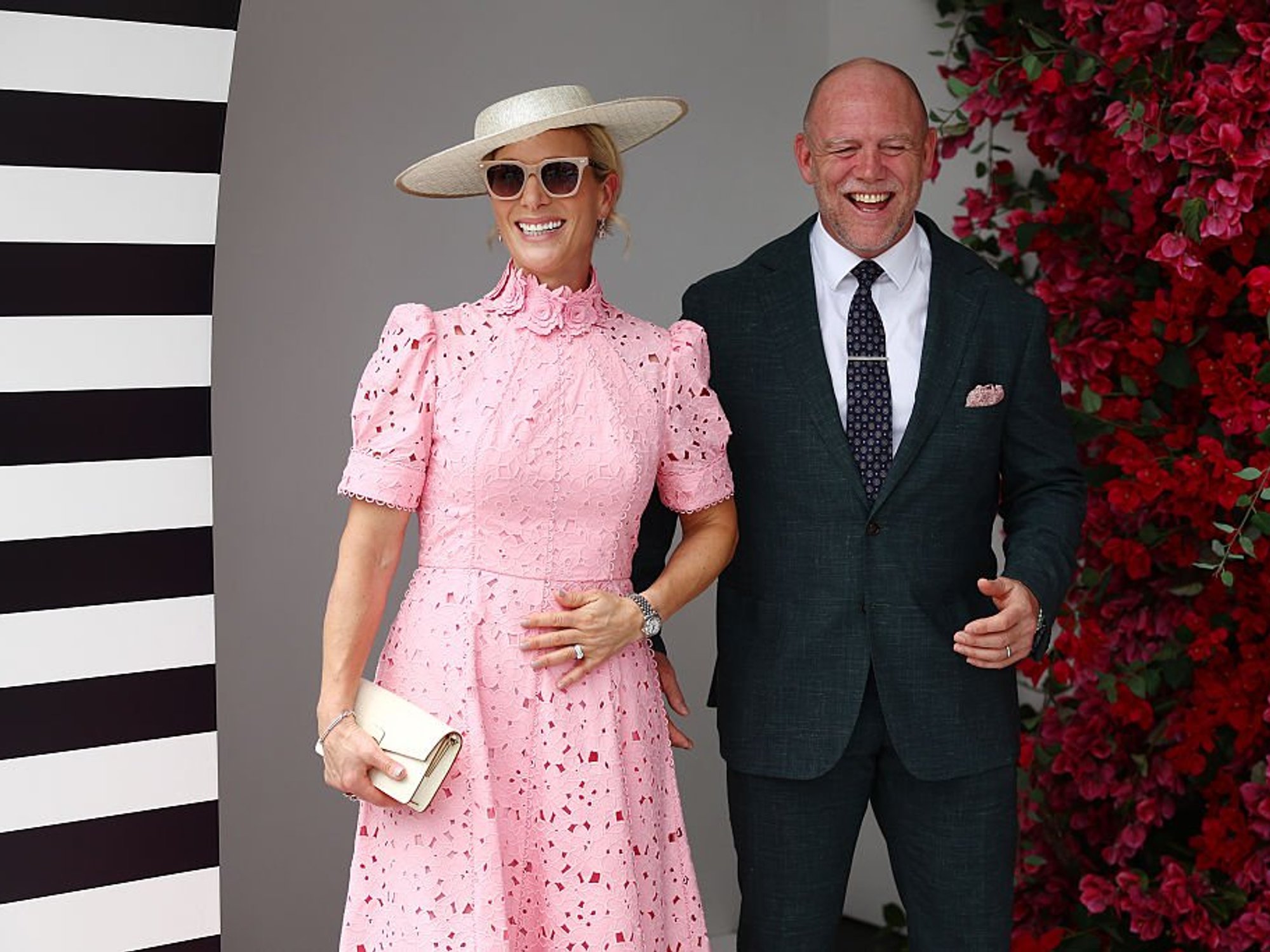Inheritance tax warning as HMRC hits households with levy on gifting: ‘Tax man is wise to this choice!’

Gifting is a useful method of saving money on inheritance tax but many Britons still have to pay the levy due to HMRC rules
Don't Miss
Most Read
Britons are increasingly running foul of the taxman and paying inheritance tax (IHT) despite gifting parts of their estate to stay clear of the levy.
The amount of IHT paid on gifts rose by 153 per cent since 2011 to £256million in the 2020-21 tax year, according to a Freedom of Information (FoI) request carried out by Continuum.
HM Revenue and Customs (HMRC) said the number of estates that paid inheritance tax on gifts has jumped by more than 120 per cent since 2011.
More than 1,300 households paid the levy during the 2020-21 tax year even though they have attempted to avoid the tax through gifting.

Inheritance tax is a levy on the estate's of people after they have passed away
|GETTY
During the 2011-12 tax year, an average of £171,186 of IHT was paid by estates who paid IHT on gifts. By the 2020-21 tax year, this amount increased to £196,923.
Households can give away cash or assets during their lifetime to bring down the value of their estate to below the £325,000 threshold.
However, Britons are liable to pay IHT on gifts that are made within seven years prior to the death taking place.
Ben Alcock, a chartered financial planner at Continuum, warned that HMRC is aware of the ways families reduce their inheritance tax liability and use it to their advantage.
He explained: “Giving money away while you are still alive could reduce the amount in your estate, but the taxman is wise to this choice.
“You can give away cash or assets during your lifetime to bring down the value of your estate, but unless you live for another seven years, your gifts will count as part of your estate when you die.”
The financial planner highlighted the allowances which are available to households looking to protect any assets or cash they have gifted.
Estate holders can give away a total of £3,000 of gifts every tax year as part of the annual exemption.
LATEST DEVELOPMENTS:

Taxpayers try to avoid the change by gifting parts of their estate
| GETTYFurthermore, taxpayers can give as many gifts as they want worth £250 per person each tax year as long as no other exemption has been used on the same person.
Parents are also able to gift their children £5,000 on the occasion of their son or daughter’s marriage, or civil parentship. Grandparents can give away £2,500 in these circumstances.
Mr Alcock added: “Go above those sums, and the taxman will treat the money you give when you are alive as part of your estate when you die.
“However, the seven-year rule does not apply to gifts made out of excess income. The rule allows any taxpayer to give away unlimited sums of money without getting caught by IHT – as long as the money comes out of income, not capital.”











